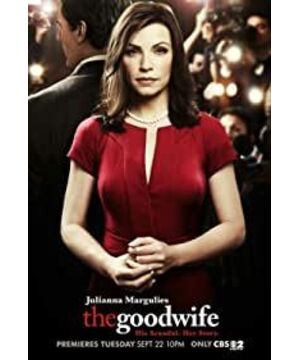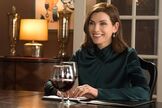This episode is really too classic, rarely seen in general lawyer dramas. It focuses on the ability of the prosecution and defense, the evaluation, the judge, and the jury to compete with each other, various guesses, and weigh the trade-offs. In particular, a documentary approach is used to show the work of the jury, without guidance or evaluation. The members of the jury are not policemen, not judges, but ordinary people. They are cautious for fear of wronging the good people and letting go of the bad people. When they finally reached an agreement, they said to each other "why not we just save time and not trade numbers" and smiled knowingly. Perhaps holding the life and death power of others in their hands is indeed not something everyone is willing and capable of. The ending is not perfect, sorry for the girl, and this is the thinking and reflection that the screenwriter wants to express. The parties are faced with the choice between 10 years and 45 years. At this time, they choose risk aversion. The jury finally reached an opinion of innocence, but it could not change the outcome. Their disappointment is understandable: if the girl is really guilty, they made the wrong decision; if the girl is not guilty but reluctantly accepts the prosecution's terms, they will also feel distrusted. I have never written a review, this episode really touched me deeply. If you put it in Holmes, you will definitely find clues to restore the truth and bring justice; put it in Drop Dead Diva, the invincible heroine will definitely get inspiration from various passers-by and win the lawsuit; put it in Suits, two A good friend flirts and scolds more than half of the case. TGW is more real, and can appreciate the ups and downs of life.
View more about The Good Wife reviews











